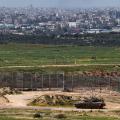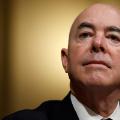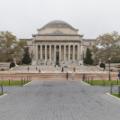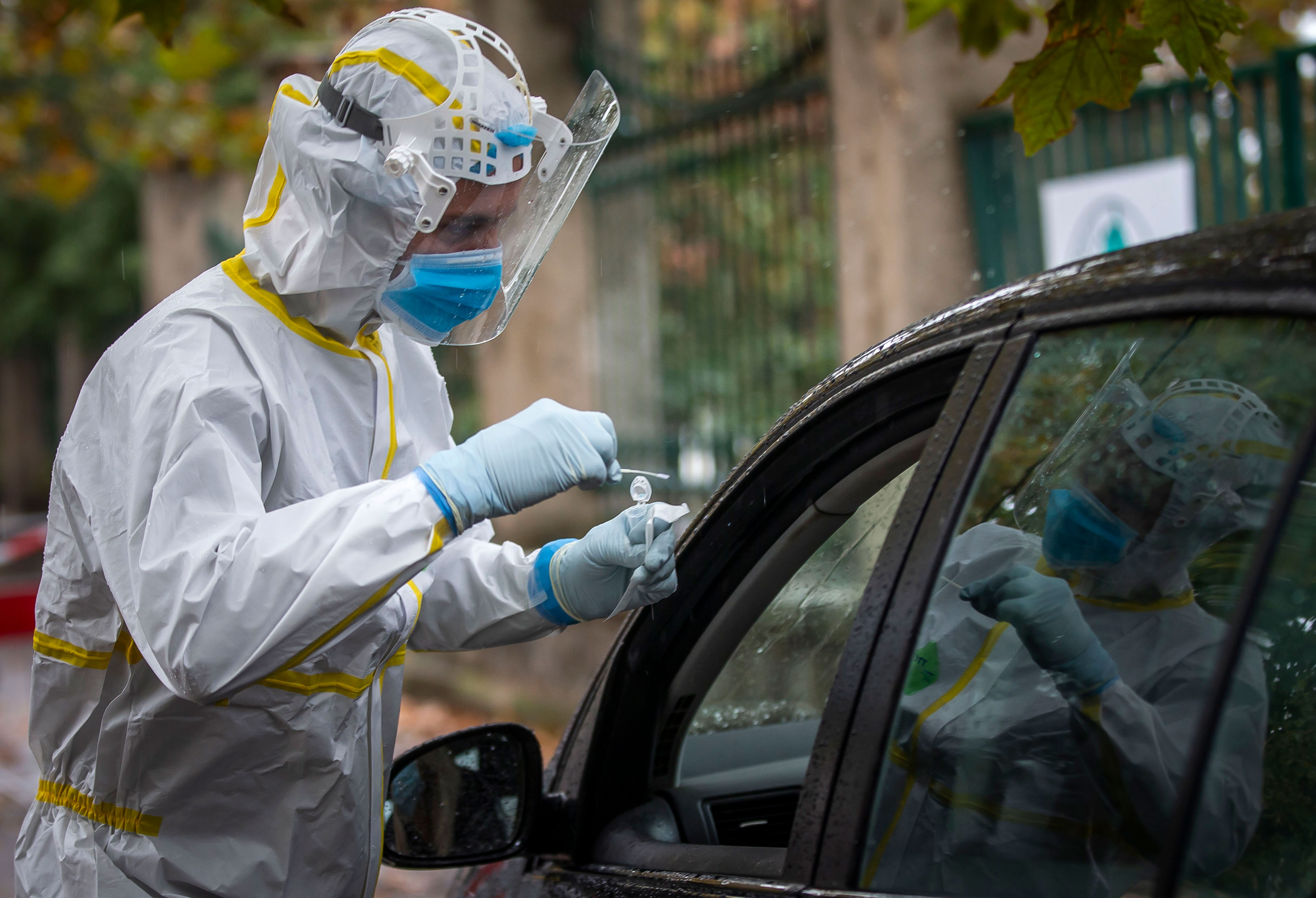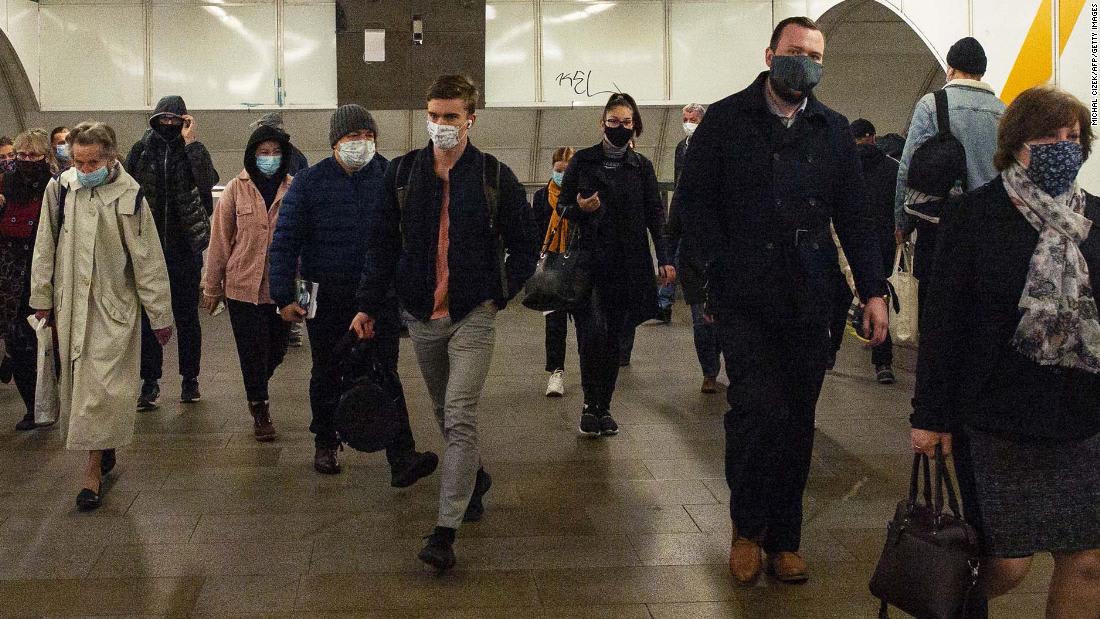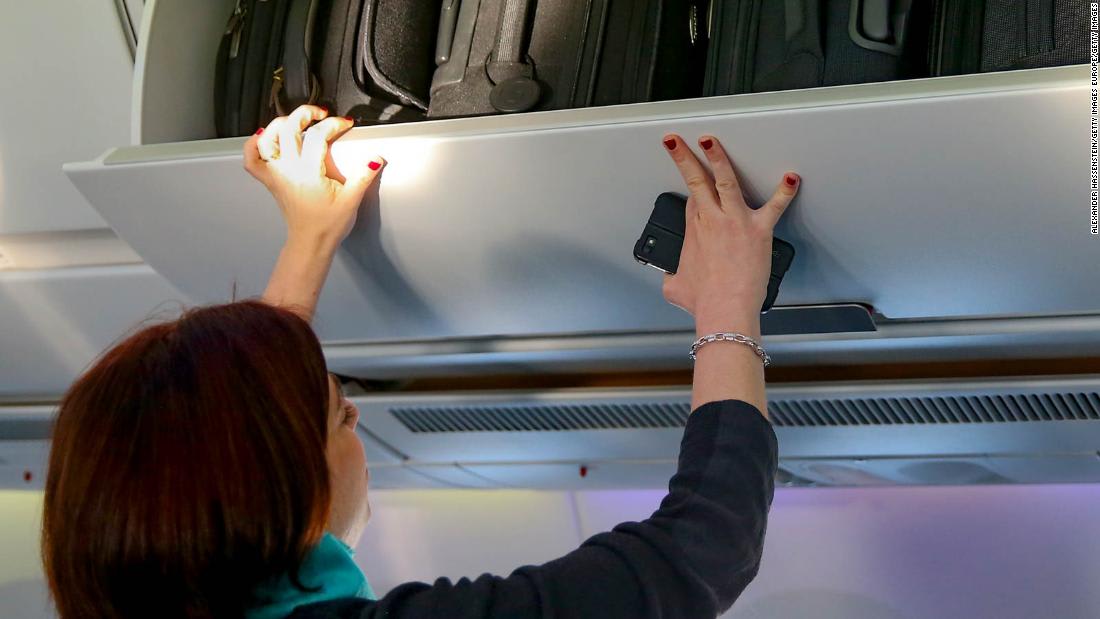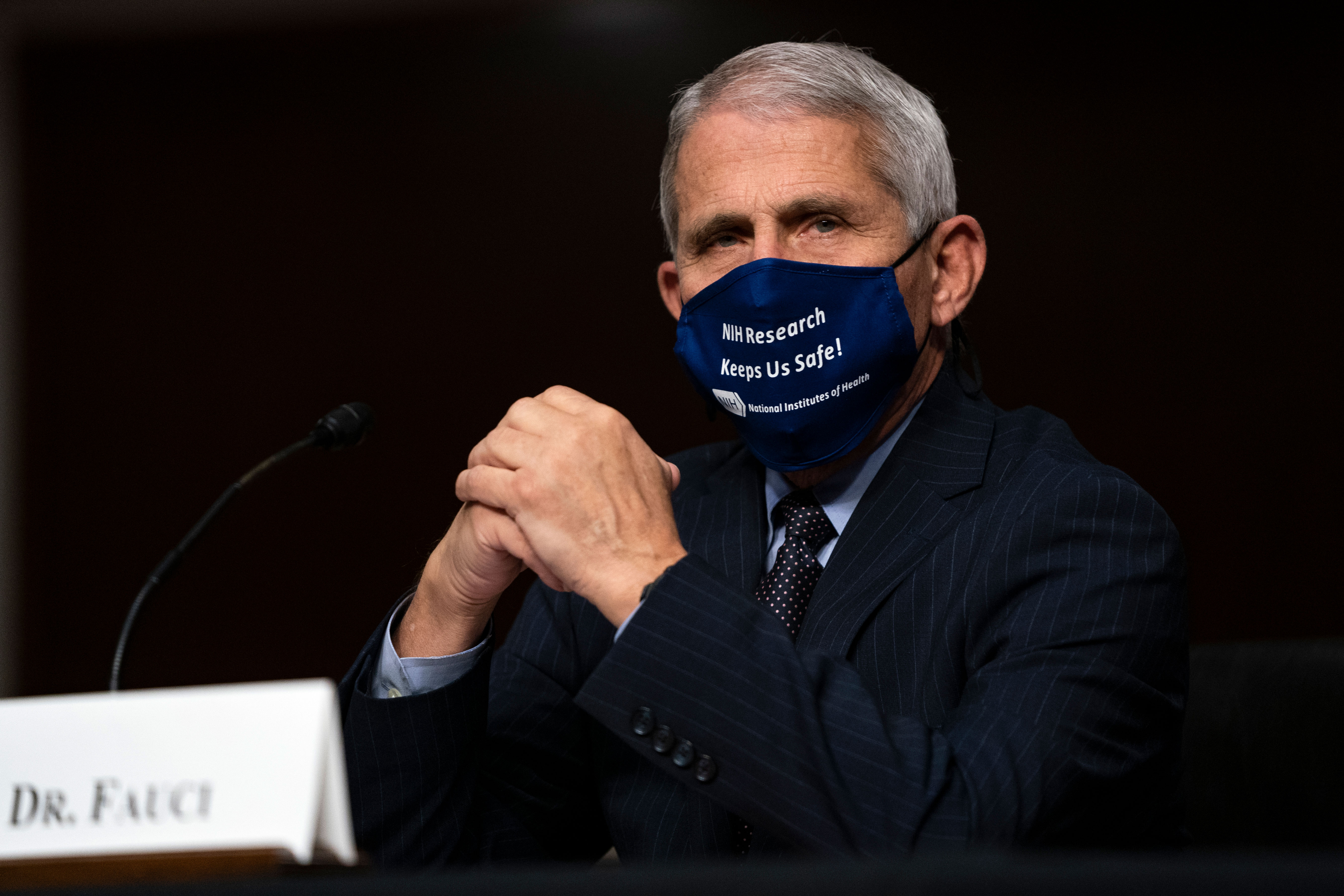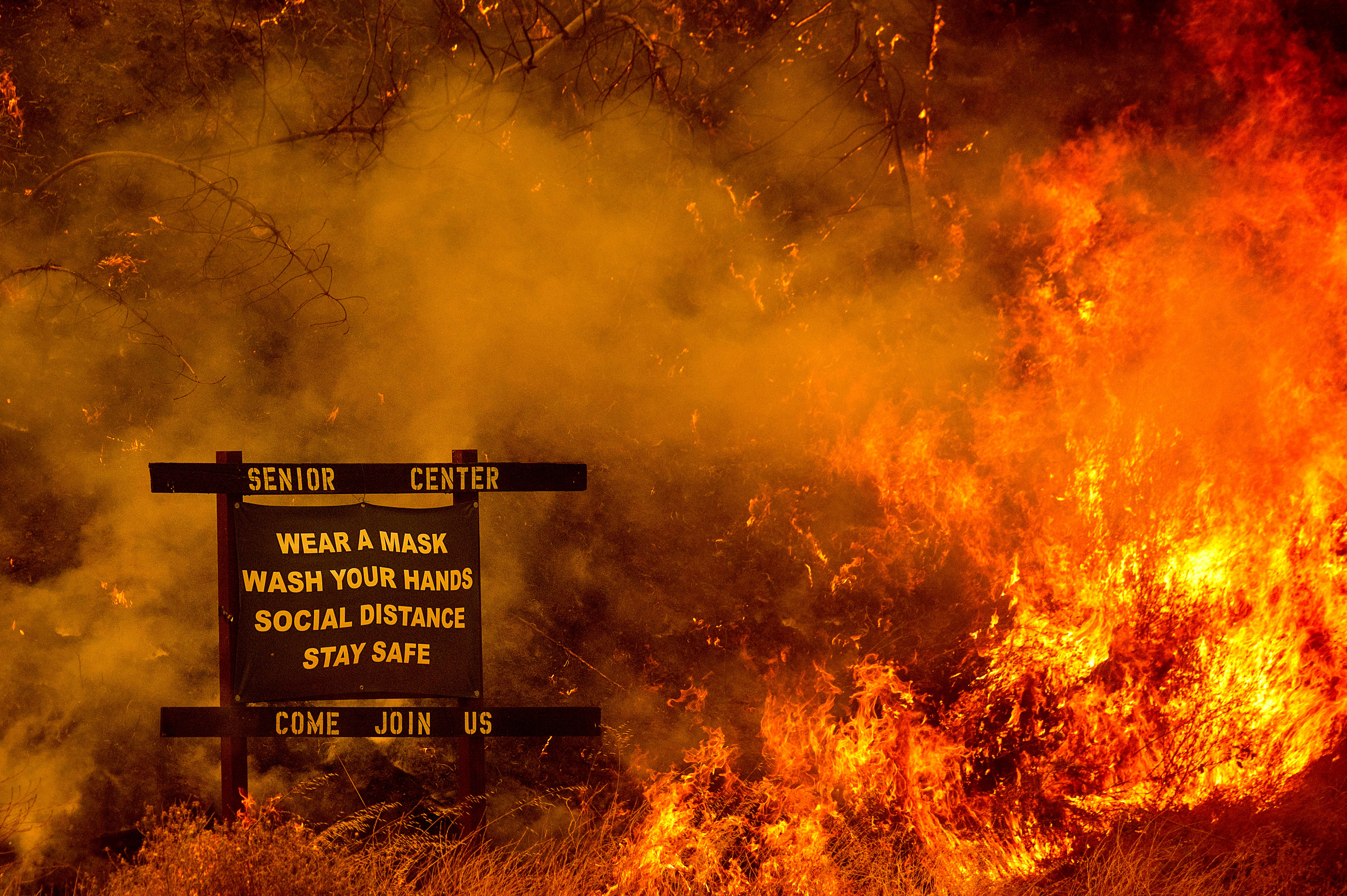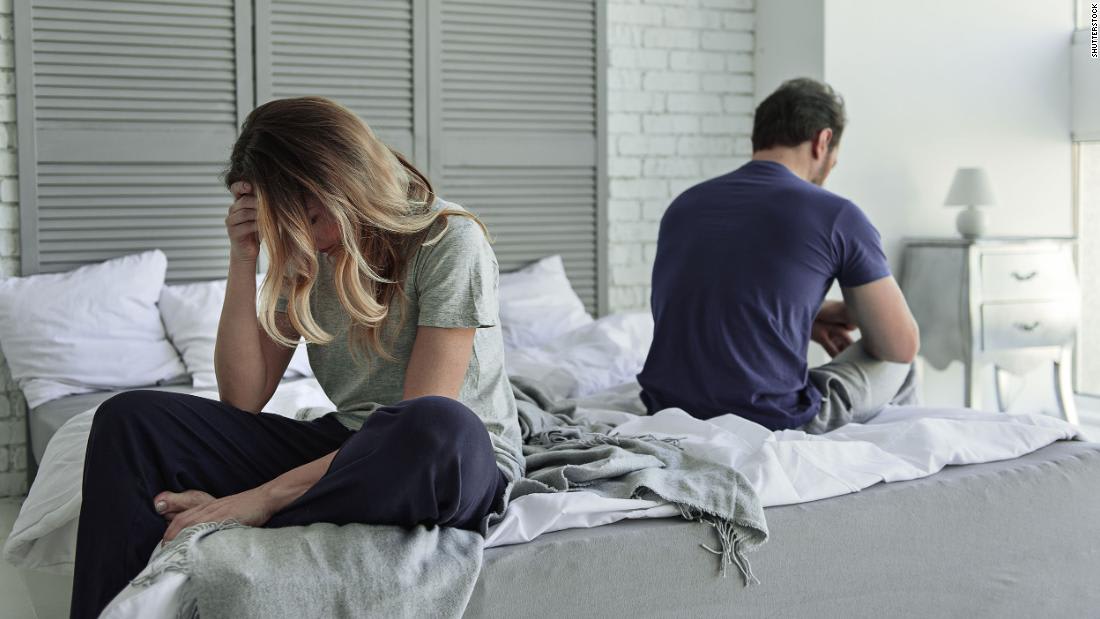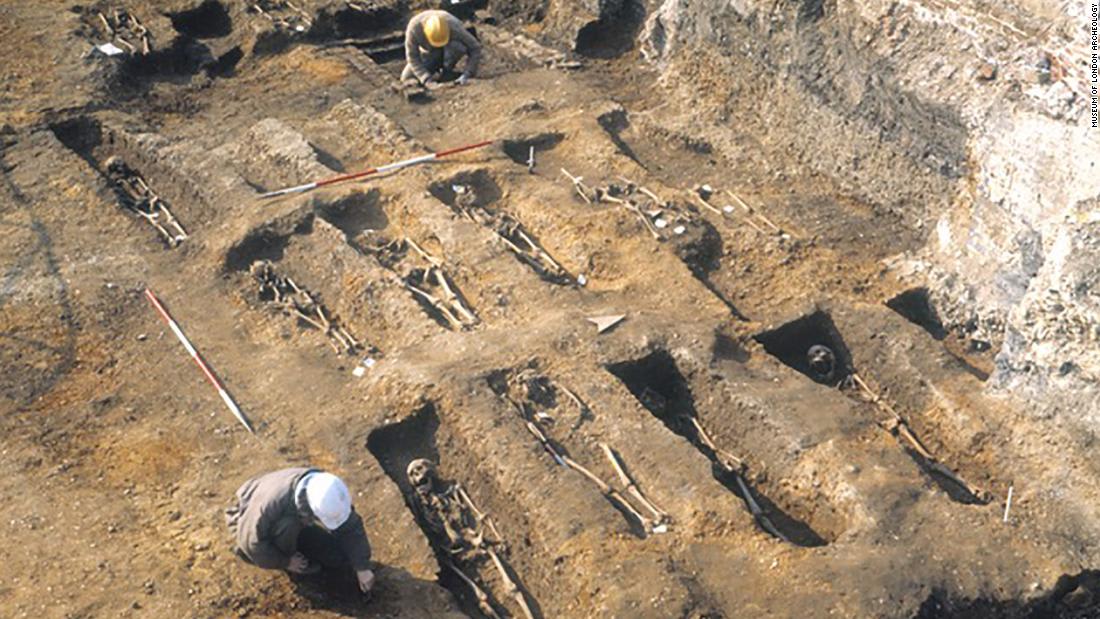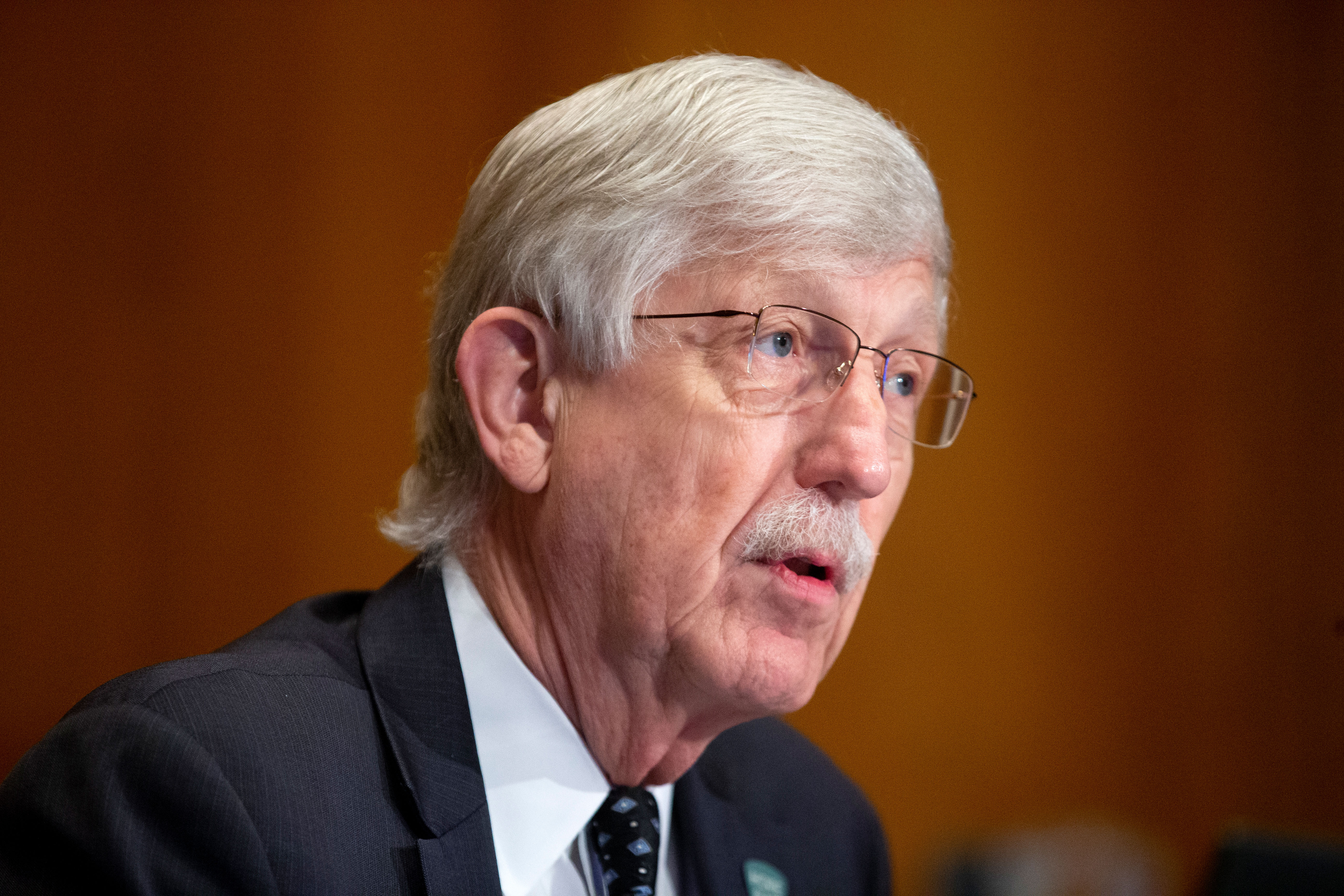
The United States is unlikely to have a Covid-19 vaccine authorized by the US Food and Drug Administration before late November at the earliest, according to Dr. Francis Collins, director of the US National Institutes of Health.
"I would think it's very unlikely – given the timetables and the standards that have to be followed – that you will hear about an emergency use authorization before late November at the earliest," Collins said during an interview with NPR's "Morning Edition" on Tuesday.
"These will be vaccines that are tested with the most rigorous standards for safety and efficacy," Collins said. "If we get to the point by sometime, maybe the end of this year, where one or more of those is judged to be safe and effective, it will be because it's safe and effective."
The White House Coronavirus Task Force still meets at least once a week with the Vice President to discuss issues such as "the worsening of the pandemic in the middle of the country," Collins added.
"We have not met with the President in quite some time," he said. "I think the President primarily is getting his information from the Vice President, from Dr. Atlas."
Dr. Scott Atlas, who has made controversial comments about mask-wearing recently, serves as the White House coronavirus adviser.
After Donald Trump's attack on Dr Anthony Fauci, Collins said the director of the National Institute of Allergy and Infectious Diseases was "probably the most highly respected infectious disease expert in the world," adding: "I have great confidence in him."
Collins also warned that the US "never got over the first wave" of the virus that hit New York particularly hard, saying "we never really drove the cases down to the baseline."
"We had another big terrible burst in the summer taking the lives of tens of thousands of people in the Southeast. Here we are now with 220,000 dead – and we're going straight up again with the number of cases that are happening each day," Collins said.
He said this was because the US had not succeeded in introducing "really effective public health measures" such as mask-wearing, social distancing and handwashing, adding that his family will not be gathering for Thanksgiving this year.
